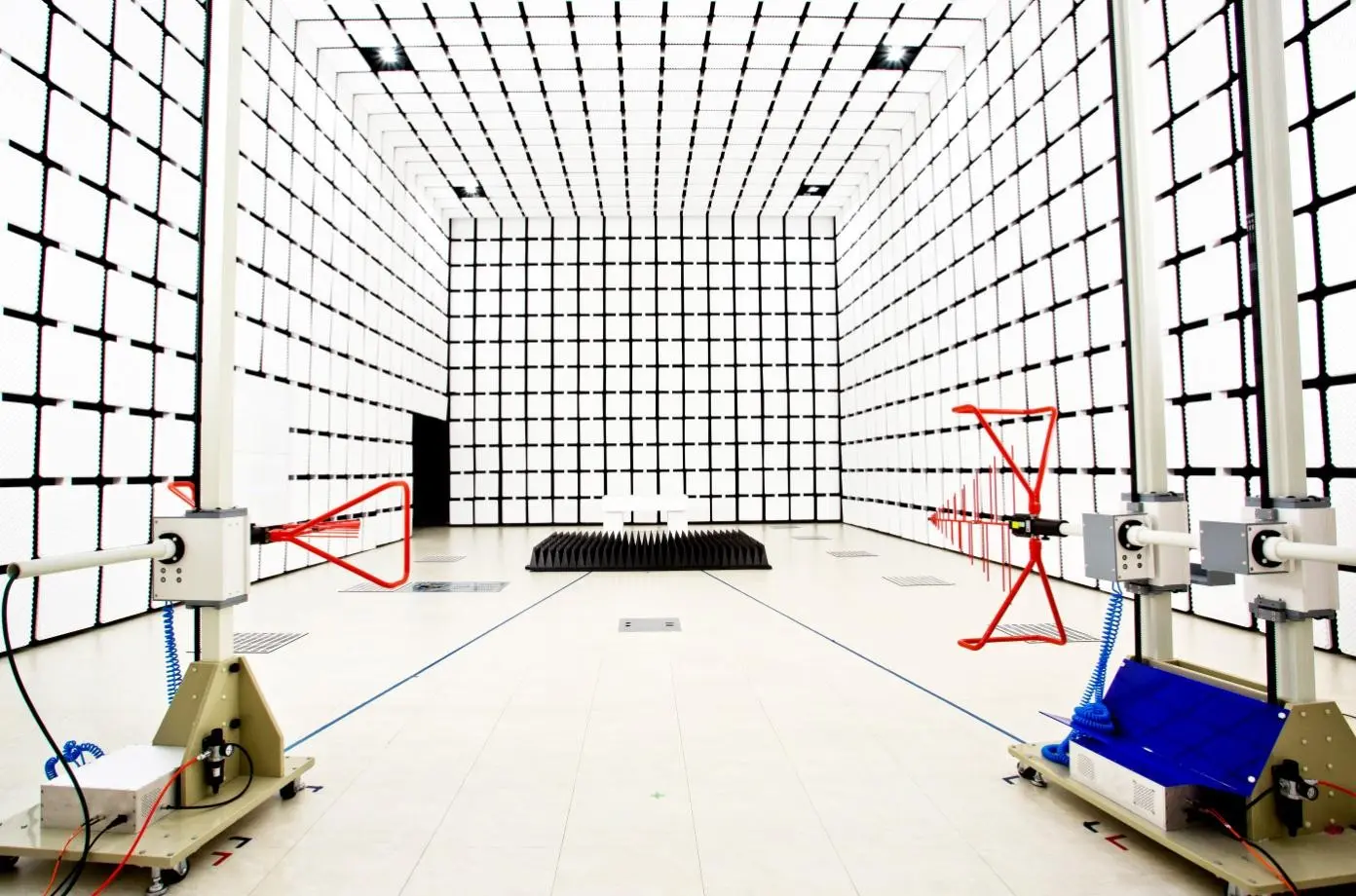
What is an FCC Part 18 Test Report?
An fcc part 18 Test Report is a testing report conducted in compliance with the Federal Communications Commission (fcc) Part 18 regULations. FCC Part 18 primarily addresses the electromagnetic compatibility (EMC) standards for industrial, scientific, and medical devices (ISM devices), requiring these devices to meet specific electromagnetic radiation limits to avoid interference with other electronic equipment. This test report is a compliance check performed before the device enters the U.S. market, ensuring it meets the FCC's electromagnetic interference (EMI) requirements.
Which Products Need an FCC Part 18 Test Report?
According to FCC Part 18 regulations, the following products generally require an FCC Part 18 Test Report:
1. Industrial equipment: Including devices used in heating, lighting, laser processing, and other industrial applications.
2. Scientific equipment: Such as medical devices, laboratory equipment, especially those generating radio frequency energy.
3. Medical equipment: Electrical devices for treatment, X-ray machines, MRI scanners, etc., that may emit electromagnetic radiation.
4. Household appliances: Such as MICrowave ovens, rice cookers, etc., which use high-frequency electromagnetic waves for heating or other functions.
5. Communication devices: Including certain transmission and reception devices that may interfere with surrounding radio communications.
These devices must undergo FCC Part 18 compliance testing before being marketed to ensure their electromagnetic radiation levels do not interfere with other devices or communication networks.
What Tests Are Performed in the FCC Part 18 Test Report?
An FCC Part 18 Test Report includes a range of testing items primarily used to assess a device's electromagnetic radiation and electromagnetic interference. Some common testing items include:
1. Radiated Emissions Testing: Tests the intensity of electromagnetic radiation emitted by the device during operation, ensuring it meets the FCC's specified limits.
2. Conducted Emissions Testing: Tests the electromagnetic interference emitted by the device through power lines or other conductive paths, ensuring it does not affect other electrical or communication devices.
3. Spectrum Analysis: Uses spectrum analysis equipment to detect the radiation frequency and power emitted by the device to ensure it operates within the compliant frequency range.
4. Transient Voltage Testing: Tests whether the device produces transient voltage fluctuations during operation that could cause interference with other devices.
5. Electromagnetic Field Strength Testing: Measures the strength of the electromagnetic field generated by the device, ensuring it complies with the standards.
These tests ensure that the device will not negatively affect other devices or communication signals.
Which Platforms Require an FCC Part 18 Test Report?
The FCC Part 18 Test Report is a complianCE certification for devices entering the U.S. market, and the following platforms primarily require these reports:
1. U.S. Market: Sellers must obtain an FCC Part 18 Test Report before their products enter the U.S. market to prove the device complies with FCC electromagnetic interference standards.
2. International Markets (Countries referring to U.S. standards): Many other countries also follow fcc standards, so products sold in these countries may also require FCC Part 18 testing to meet electromagnetic compatibility requirements.
3. E-commerce Platforms (such as Amazon, eBay): Products sold on these platforms may require an FCC Part 18 Test Report, especially when the device involves electronic components or electrical functions.
How Much Does an FCC Part 18 Test Report Cost in Chinese Laboratories?
In China, the cost of an FCC Part 18 Test Report varies depending on the laboratory, the complexity of the testing items, and the type of product. Typically, the cost of an FCC Part 18 test ranges from $1,500 to $4,000. The specific cost depends on the following factors:
1. Product type: For example, testing costs differ significantly between simple household appliances and complex industrial equipment.
2. Testing items: If a full set of tests (including radiated emissions, conducted emissions, transient voltage, etc.) is requiRED, the cost will be higher.
3. Laboratory qualifications: Different laboratories have different pricing standards, with those accredited by national bodies (e.g., CNAS, ISO/IEC 17025) generally charging higher fees.
It is recommended to contact several laboratories for quotes and confirm the laboratory's certification qualifications and service details.
What Qualifications Must Laboratories Have to Issue an FCC Part 18 Test Report?
Laboratories issuing FCC Part 18 Test Reports must have the following qualifications:
1. ISO/IEC 17025 Certification: The laboratory must have ISO/IEC 17025 international standard certification, which is a globally recognized accreditation for laboratory management and technical competence.
2. FCC Accreditation: The laboratory must be accredited by the FCC and recognized as an "fcc certified Laboratory" qualified to conduct testing according to FCC standards and issue reports.
3. CNAS Certification: In China, laboratories must also be CNAS (China National Accreditation Service for Conformity Assessment) certified to ensure their testing capabilities and credibility.
Laboratories with these qualifications can provide FCC-compliant test reports, ensuring that products can enter the U.S. market and meet electromagnetic compatibility requirements.

The FCC Part 18 Test Report is an important document for ensuring a device's electromagnetic compatibility. For industrial, medical, household, and communication devices that involve electromagnetic radiation, obtaining this test report is essential for entering the U.S. market. By selecting the appropriate laboratory and conducting comprehensive testing, businesses can ensure their products comply with regulatory requirements and avoid market risks.
Email:hello@jjrlab.com
Write your message here and send it to us
 IEC 60529 IP Rating Ingress Protection Standard
IEC 60529 IP Rating Ingress Protection Standard
 IEC 60601-1 Medical Electrical Equipment Basic Saf
IEC 60601-1 Medical Electrical Equipment Basic Saf
 European Authorized Representative Medical Devices
European Authorized Representative Medical Devices
 EU Waste Electrical and Electronic Equipment Direc
EU Waste Electrical and Electronic Equipment Direc
 How to Get CE Approval
How to Get CE Approval
 Accelerated Ageing Test
Accelerated Ageing Test
 IP Ingress Protection Testing
IP Ingress Protection Testing
 How Does a Product Get an Energy Star Label
How Does a Product Get an Energy Star Label
Leave us a message
24-hour online customer service at any time to respond, so that you worry!




